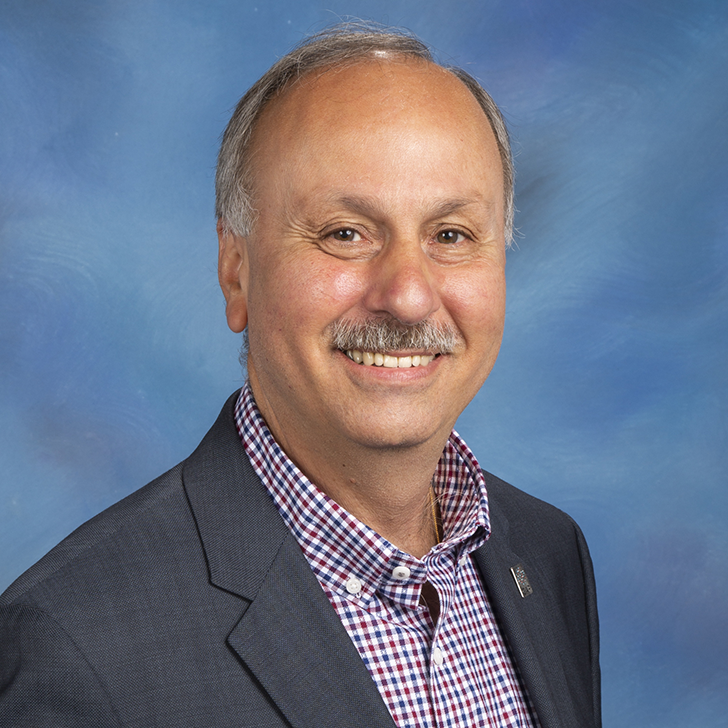- Home
- Advocacy
- Latest News and Practice Data
- Meet the CAP Advocacy Chairs: Council on Government and Professional Affairs Chair A. Joe Saad, MD, FCAP, CPE

The job of the Council on Government and Professional Affairs is to identify current and emerging issues in the legislative, regulatory and private sector arenas that could impact the practice of pathology; to develop policies and strategies that positively influence these issues to benefit patients and pathologists; and to implement these policies and strategies by educating members, conducting advocacy programs and maintaining liaison with health-related organizations. The Council reports to the Board of Governors.
- How did you become interested in serving as CGPA Chair? I started my advocacy journey with the Texas Society of Pathologists (TSP) almost 20 years ago. I woke up one day and realized that if we did not look out for our patients and profession then no one else would. I started out chairing the TSP Council on Legislation and spent time in Austin advocating for pathology. I then was appointed to the Federal and State Advocacy Committee (FSAC), became chair, attended Advocacy School (the precursor of the Policy Meeting and Pathologist Leadership Summit), Hill Day visits, in-district meetings and hosted several lab tours. After my term on FSAC ended (where I also served on CGPA), I ran for the Board of Governors (BOG). Advocacy was and is my CAP home. I served as Vice Chair under Dr. Jon Myles. I could not have asked for a better mentor. I am grateful for all the opportunities and dedicated leaders at the CAP and happy to serve and contribute in any way to positively impact our patients and profession.
- What do you hope to accomplish during your time serving as CGPA Chair? Many complex issues face medicine and pathology that we look forward to tackling. Issues include: fair payment for our services - essential for quality patient care and the survival of our profession; a regulatory environment that protects patients and does not overburden our practices or hinder innovation; filling the pipeline with high quality, diverse, medical students, and residents, domestic and international, and allowing them to practice in a supportive and exciting setting where they feel welcome and appreciated; and preserving our independence in order to make the best possible decisions to promote the health and wellbeing of our patients.
- How does CAP advocacy make a difference in the practice of pathology? Imagine pathology without advocacy. We would have been someone’s dinner long ago. It is essential!
- What do you think are the most important aspects of advocacy (grassroots, PathPAC, meetings with legislators, attending Pathologist Leadership Summit) CAP members need to be involved in to move the needle? All are important and part of a continuum of active involvement. Just pick a starting point that you feel comfortable with, and other paths will open up. A great way to kick-start your journey is by attending the Pathologists Leadership Summit and Hill Day. Advocacy is about relationships.
- Why did you choose a career in pathology? I am an accidental pathologist. I did a general surgery internship and stumbled into pathology. Family and friends told me I was making a mistake, and that pathology was a dying profession. Thirty-seven years later, I can unequivocally say it was the best mistake I ever made. I have no regrets. Pathology is vibrant, exciting, and thriving. The future of pathology is brighter than ever.
- If you could invite 3 people to dinner (living or dead) who would they be? Just one - my father. I would give anything to go back 24 years and have one more dinner with him.